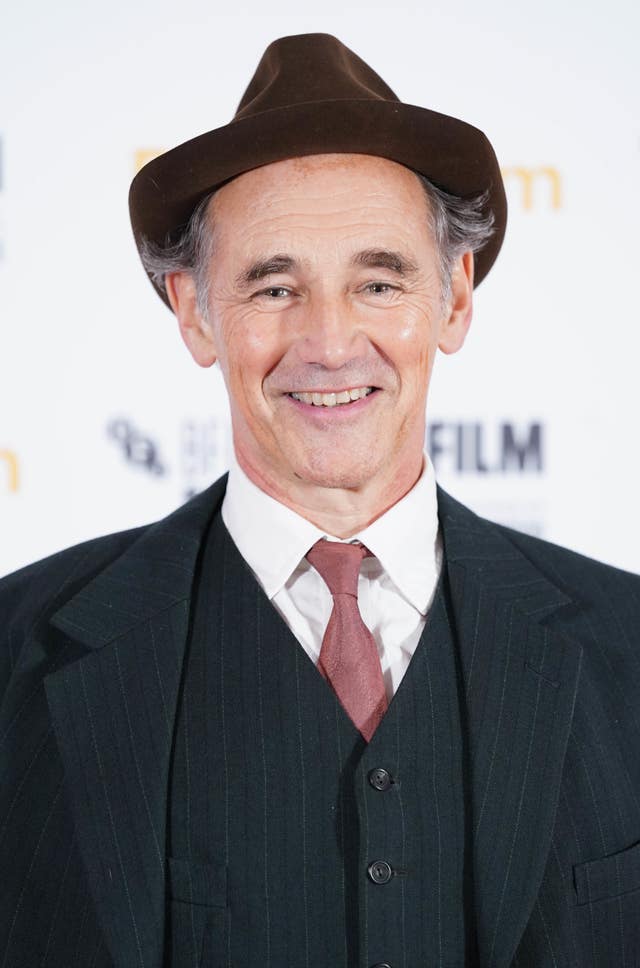
The National Portrait Gallery has announced the end of its partnership with BP, becoming the latest institution from the world of art and culture to distance itself from the oil giant.
The Royal Shakespeare Company and Tate have already ended sponsorship deals with BP following environmental campaigns launched by artists and employees.
BP has been the main sponsor of the National Portrait Gallery’s annual portrait award since 1989 when it took over from tobacco company John Player & Sons.

The prize did not take place this year or last year while the gallery’s central London building is closed for redevelopment.
In a joint statement, the gallery and BP confirmed they would not be renewing their current partnership when its contract ends in December.
Nicholas Cullinan, director of the National Portrait Gallery, said: “The Gallery is hugely grateful to BP for its long-term support of the BP Portrait Award.
“Its funding for the Award has fostered creativity, encouraged portrait painting for over 30 years and given a platform to artists from around the world, as well as providing inspiration and enjoyment for audiences across the UK.
“The Gallery is committed to working with artists and continuing to promote portraiture and we look forward to developing the future Portrait Award as we plan for our reopening in 2023.”
Louise Kingham, a senior vice-president of BP, said: “We are immensely proud of our role in championing British arts and culture for over 30 years, but the BP of today is a very different company from when we first started our partnership with the National Portrait Gallery.

“As we transition to become net-zero by 2050 and help the world get there too, we must look at new ways to best use our talent, experience, and resources.”
Campaign group Culture Unstained described the announcement as “clearly a vote of no confidence in BP’s business”.
Co-director Jess Worth added: “The company spent 30 years painting a picture of itself as a responsible philanthropist but it is rapidly running out of places to clean up its toxic image.”
The Royal Shakespeare Company and National Galleries Scotland have already severed ties with BP, while the National Theatre cut links with Shell.
The debate surrounding corporate sponsorship of the arts by oil companies has intensified in recent years, with actor Sir Mark Rylance resigning from the Royal Shakespeare Company in June 2019 in protest over its sponsorship by BP.


Why are you making commenting on The National only available to subscribers?
We know there are thousands of National readers who want to debate, argue and go back and forth in the comments section of our stories. We’ve got the most informed readers in Scotland, asking each other the big questions about the future of our country.
Unfortunately, though, these important debates are being spoiled by a vocal minority of trolls who aren’t really interested in the issues, try to derail the conversations, register under fake names, and post vile abuse.
So that’s why we’ve decided to make the ability to comment only available to our paying subscribers. That way, all the trolls who post abuse on our website will have to pay if they want to join the debate – and risk a permanent ban from the account that they subscribe with.
The conversation will go back to what it should be about – people who care passionately about the issues, but disagree constructively on what we should do about them. Let’s get that debate started!
Callum Baird, Editor of The National
Comments: Our rules
We want our comments to be a lively and valuable part of our community - a place where readers can debate and engage with the most important local issues. The ability to comment on our stories is a privilege, not a right, however, and that privilege may be withdrawn if it is abused or misused.
Please report any comments that break our rules.
Read the rules here